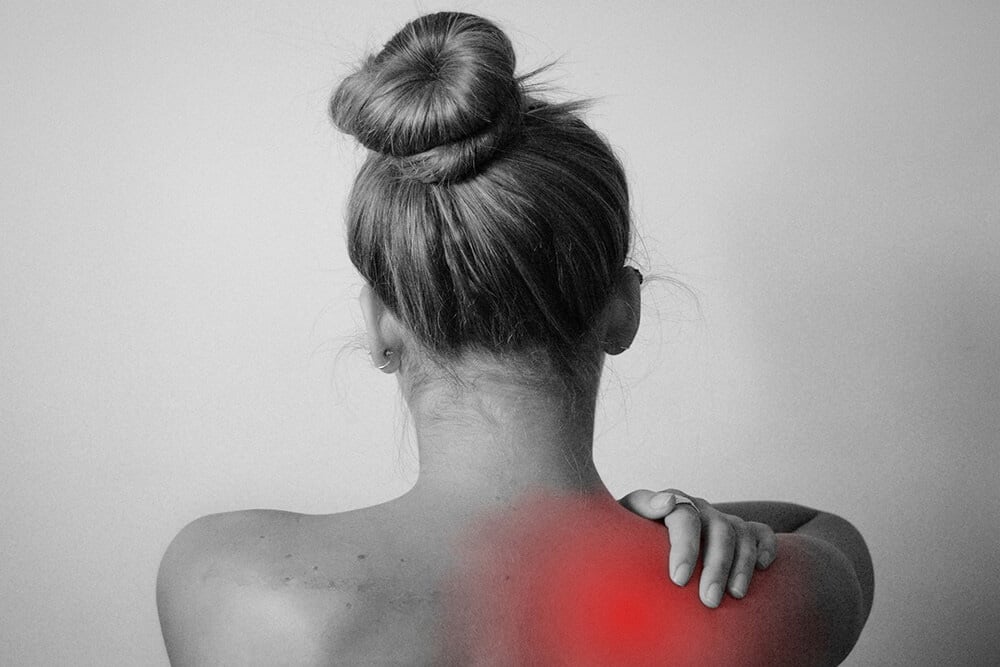How Often Is Nerve Damage Caused in a Car Accident?
Motor vehicle crashes are the leading cause of spinal cord injury in the United States. The most severe nerve damage after a car accident includes paralysis or loss of motor function—conditions that affect a person’s ability to perform normal, everyday functions. In milder cases, nerve damage can result in discomfort, pain, and temporary impairment. While vehicle crashes are a factor in a high percentage of catastrophic nerve injuries, auto collisions are also a leading cause of less-severe neurological conditions like pinched nerves.
In this article, we will discuss how often nerve damage is caused in car accidents, and the symptoms that indicate you may need to be seen by a neurologist following an injury. If you have further questions, please reach out to our team of Chicago personal injury lawyers with experience in car accident law for more information.
Can a Car Accident Cause Nerve Damage?
In the most recent Crash Facts & Statistics report published by the Illinois Department of Transportation, Illinois drivers were involved in over 300,000 motor vehicle crashes within a one-year period, and over 20% of those crashes resulted in injury. Of those injured, nearly 10,000 individuals suffered injuries that prevented them from walking, driving, or normally continuing the activities they were capable of before the injury.
Lacerations (cuts or tears), blunt-force trauma, stretching, twisting, broken bones, crushing, and severe contusions (bruising) are included in the types of car accident injuries leading to debilitating injury. These forms of trauma to the body can result in serious nerve damage, among other injuries. The following types of nerve-related injuries are among the most common forms of nerve damage seen in car accident victims:
- Pinched Nerve. One of the more frequent and less severe nerve-related car accident injuries is a pinched nerve. This occurs when too much pressure is placed on a nerve. The blunt force trauma of the impact in a car accident most often leads to nerve damage in the head and neck, arms, wrists, and hands. Nerves can also be pinched near the site of broken bones and spinal injuries. According to the Cleveland Clinic, about 85 out of 100,000 adults in the U.S. each year suffer pinched nerve injuries.
- Whiplash. The Mayo Clinic lists rear-end collisions as one of the primary causes of whiplash. A whiplash injury can affect soft tissue and cause nerve damage when nerves are stretched and compressed. Whiplash-associated disorders (WAD) from untreated whiplash injuries can also cause long-term issues for accident victims who fail to address signs of nerve damage early on.
- Herniated Disc. A herniated, or slipped, disc results when a spinal disc’s interior ruptures and pushes through the hard exterior casing. This can cause damage to the nerves around the spine, and lead to numbness, tingling, pain, and burning sensations. A car accident injury can cause or worsen a herniated disc and result in damage of the surrounding nerves.
- Myelopathy or Spinal Cord Compression. Excessive pressure on the spinal cord can lead to nerve damage in the areas between the neck (cervical spine) and lower back (lumbar spine). Studies have shown road traffic accidents to be the leading cause of spinal cord injury in many parts of the world. Failure to wear a seatbelt substantially increases the risk of sustaining spinal nerve injuries in a motor vehicle crash.
- Peripheral Neuropathy. This includes any damage to the peripheral nervous system—the communication network transmitting signals between the central nervous system (the brain and spinal cord) and the rest of the body. Individuals with peripheral neuropathy often experience loss of sensation in the hands and feet. The National Institute of Neurological Disorders and Stroke lists injury from automobile accident as the top cause of trauma resulting in acquired nerve damage.
- Radiculopathy. Radiculopathy refers to a pinched nerve root in the spinal column. This includes cervical radiculopathy (in the neck and upper back) and lumbar radiculopathy (in the lower back). Both of these conditions can result from or be worsened by the impact of a car accident.
If you experience a mild pinched nerve or slight nerve damage after an accident, it’s expected that your body will heal within a few weeks without any permanent impairment. But nerve damage can be much more serious when the areas near your neck, spine, and head are critically injured.
If you are experiencing troubling signs of nerve damage, it may be best to visit a neurologist. There are serious neurological disorders that can be caused by a car accident. Neurologists are doctors specializing in the treatment of conditions affecting the brain, spinal cord, peripheral nerves, and surrounding muscles. Your neurologist can examine you for any signs of a concussion or cerebral contusion, traumatic brain injury (TBI), mild traumatic brain injury (MTBI), spinal cord injury, skull fracture, facet joint injury, or other neurological condition.
How Do You Know If You Suffered Nerve Damage?
If you experience any of the following symptoms after a car accident, it is important that you speak with your physician or a neurologist. These symptoms can indicate one or more types of nerve damage.
- Tingling, numbness, or “pins and needles” feelings in the body
- Pain, prickling, and burning sensations
- Sharp, jabbing pains
- Buzzing sensations and feelings of mild electric shock
- Loss of feeling in the arms, legs, hands, or feet
- Loss of hand-eye coordination
- Foot drop (when weakness in the foot causes a limp)
- Sensations of tightness on the skin, like wearing a sock or glove
- Muscle weakness and inability to control muscles
- Soreness in the back, neck, and shoulders
- Uncontrollable tics, shaking, twitches, or spasms
- Partial or complete paralysis
- Loss of motor functions
- Loss of bowel and bladder control
- Balance problems and falling
- Frequently dropping objects
- Low blood pressure causing dizziness and lightheadedness
- Sensitivity to temperature changes
- Excessive sweating or an inability to sweat
- Tachycardia (rapid heartbeat)
- Erectile dysfunction and other problems with sexual functions
The symptoms of nerve damage can be misleading—the area in which you experience a symptom is unlikely to be area of the body that actually sustained damage. For example, if you can’t feel your feet after a car accident, the damaged nerves are likely to be much higher up along the spine, not in the feet. And symptoms of autonomic neuropathy—like irregular heartbeat, digestive malfunction, and abnormal sweating—indicate there is damage to the nerves that control these function, nerves which are located along the brain stem and spinal cord. Learning to spot the warning signs of nerve damage can help you take immediate action to prevent permanent injury.
Taking Legal Action After Accident-Caused Nerve Damage
If you sustained severe nerve damage in a motor vehicle crash caused by another party, it may be in your best interest to consult with a personal injury lawyer experienced in car accident cases. Your attorney will be able to advise you about whether you are eligible to file a personal injury lawsuit and seek compensation for your injuries and losses.
At Krzak Rundio Gorman, Injury Attorneys, our personal injury lawyers partner closely with every client we represent. We work hard to fully calculate all damages and determine a complete and accurate picture of how each client’s life was altered by an injury-causing accident. We have successfully represented clients nationwide in a variety of complex legal cases.
Please reach out to our office to schedule a free initial consultation with one of our attorneys. We will begin with a conversation to determine if our legal team is the right fit for your personal injury case.











